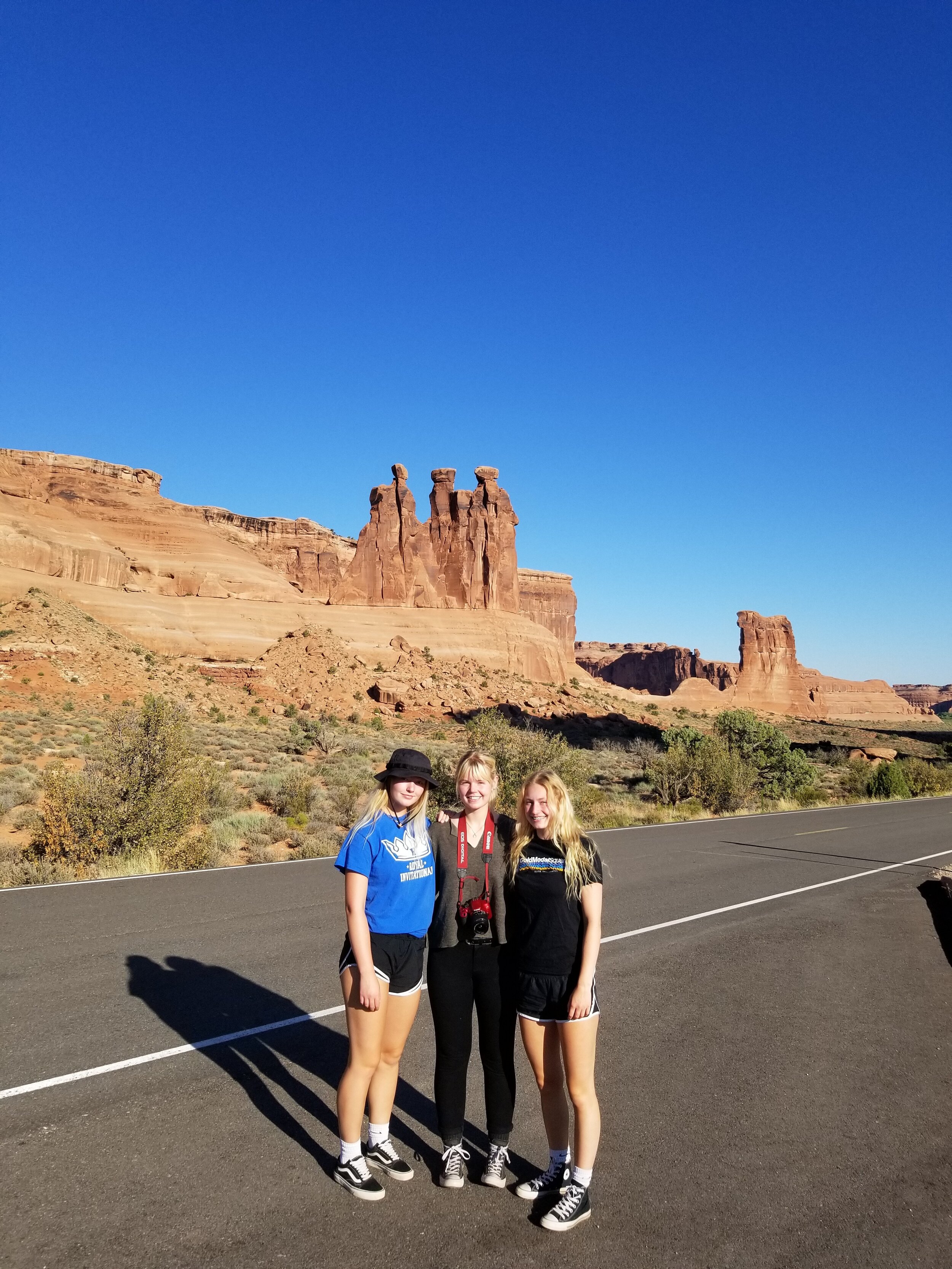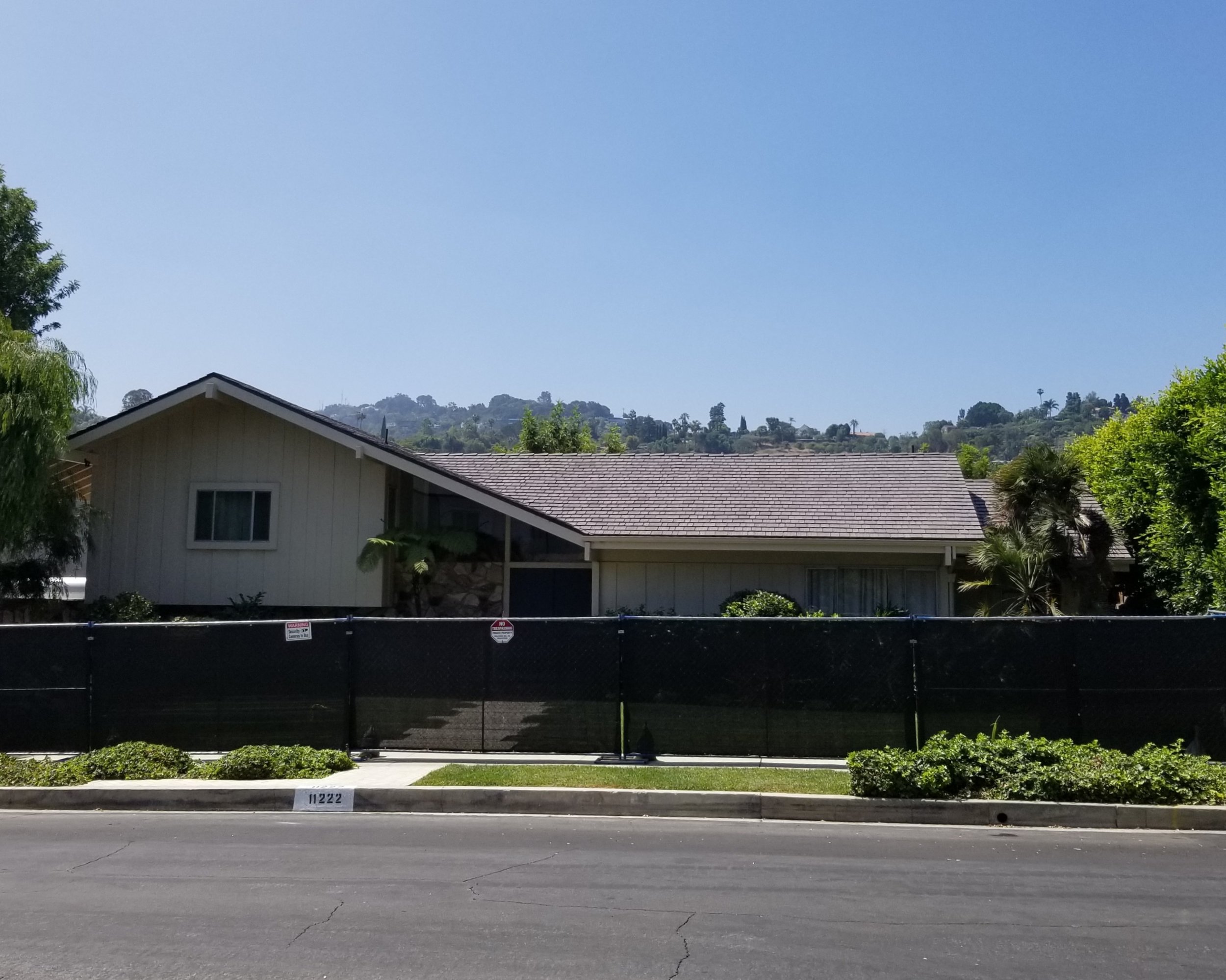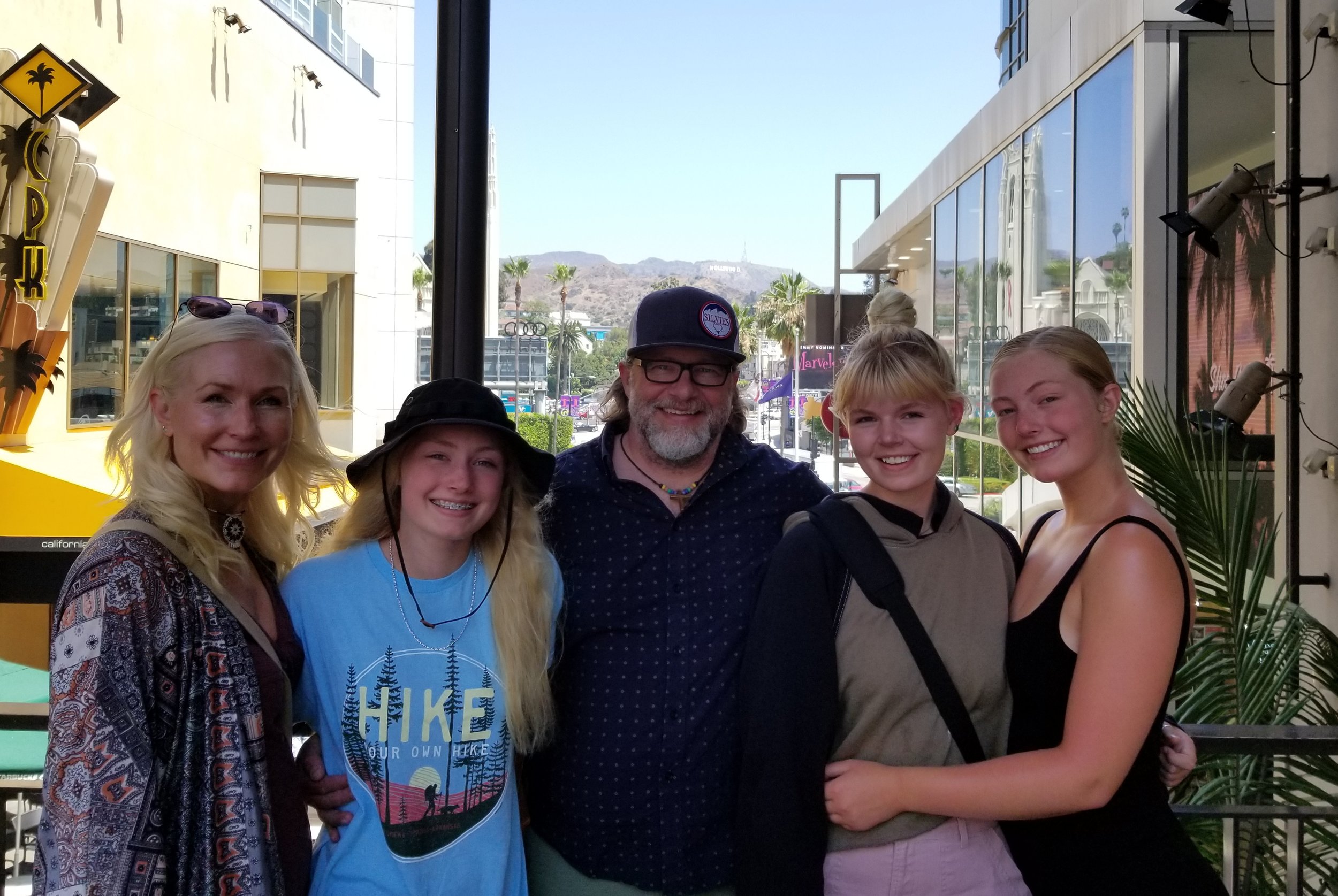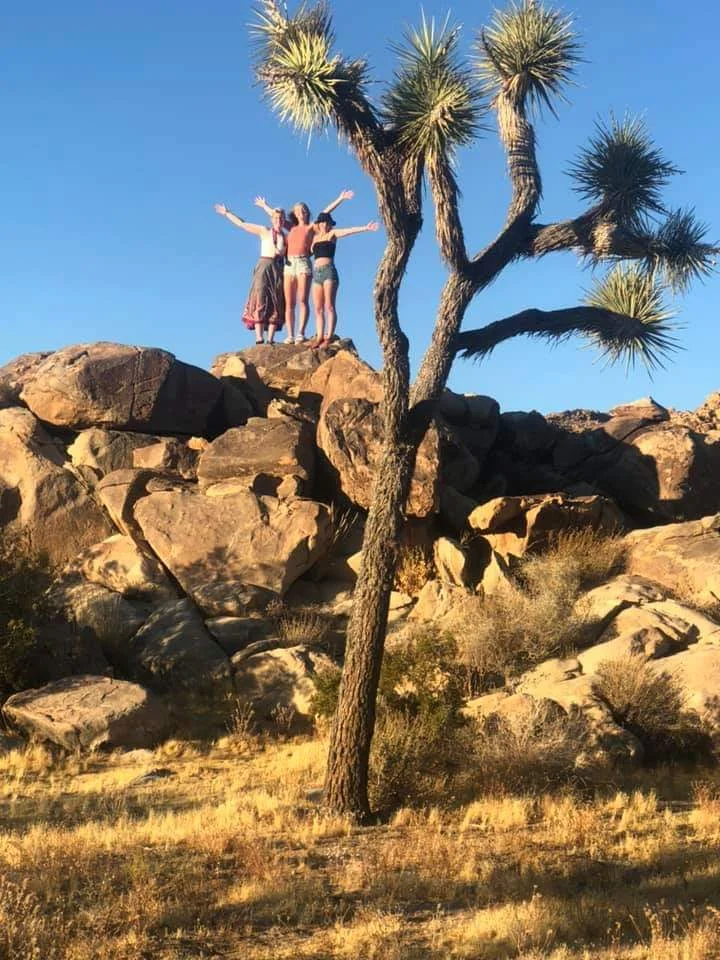Nothing anchoring me to terra firma—or my sanity—anymore, I sailed through the air.
While a sea of humanity washed by eleven stories below, waves of nausea crashed into me. My molars hurt from clenching them, but if I kept my mouth shut, maybe I wouldn’t vomit. Just as I had mustered the courage to make this jump, I would wrangle the determination to keep my stomach’s contents to myself. I could only imagine the surprise of anyone on the ground if I wasn’t successful.
I breathed through my nose and gripped the straps on my chest until I felt my fingernails sink into my palms. How much longer?
A minute—maybe ninety seconds?—and the landing platform materialized. When I got there, would they catch me like they did at the end of the camp’s zipline? No one had told us what would happen at the end of this ride, though. I preferred to see my family again before seeing Jesus, but what choice did I really have?
I hit the platform with a force that jerked me thirty feet back into the air. What now? I hung, suspended for some moments above Fremont Street, until someone reeled me in like a dying fish too scared to thrash anymore.
Once on the solid footing of the platform, I scrambled away from the edge. An employee unlatched me from my tether, and my legs wobbled. I could finally cast a side-glance at Husband.
“So how was it?” he said, looking refreshed from his ride, hair blown back in handsome waves.
I pinched my lips together and shook my head.
“Why do you keep doing this when you’re terrified?” No irritation laced his question—only curiosity.
“No clue.” But it wouldn’t happen again.
We took the stairs down, me fumbling for the railing, my steadiness not having returned yet. But my stomach was calming.
“Let’s look at our pictures,” Husband said, handing our photo retrieval info to the people behind the desk who looked like it would be their extreme pleasure to sell us pictures—at a crippling cost—of petrified me. “Aw, man.” Amusement sparkled in his eyes. “These are great.”
And there I was, caught on film, all round eyes and flared nostrils, my mouth a grim line while I clung to my ropes. Lovely. “I’m gonna pass on a pic of my trip through Hades.”
Minutes later, our three girls disembarked, smiling from the thrill of the late-night ride.
“How was it for you, Mom?”
I pasted on a plastic smile and nodded.
We checked out of our Vegas hotel and drove out to the desert to absorb a little culture. Along with other tourists, we strolled among Ugo Rondinone’s Seven Magic Mountains, a brightly-painted art installation of boulder totems, some as tall as thirty-five feet. On our way back to the car, a sign warned us that “Venomous snakes may be present. Please stay on designated path.” We were happy to comply.
Bound for Utah, we kept our car time short and sweet, ending in Springdale, a town nestled immediately outside the boundaries of Zion National Park. We frolicked in the warm outdoor pool with the other hotel guests while the jagged, brick-red mountains looked on, pleased to host us.
“You might want some better shoes for hiking,” Husband said, eyeballing my flip-flops at breakfast the next morning. He scooped scrambled eggs onto his plate.
I filled my coffee cup. “I’ll throw on tennis shoes, but we’re not doing anything too strenuous, are we?”
He leaned in, lowering his voice. “Check out that guy.”
A trim man in his late-sixties—sinewy leg muscles exposed below cargo shorts—loaded his plate with food until I thought the stack of pancakes might topple.
I gave a nod of appreciation. He was probably a beast on the mountain. “Impressive.”
Then the guy piled sausage patties on another plate already laden with fruit.
“That’s the kind of hiker who views food strictly as fuel.” Husband added a biscuit with gravy to his tray. “A little more advanced than us.”
We ate our food on the terrace, and I surveyed the guests around us, all avid hikers, from the looks of it. Everyone—decked out in special clothing and boots, wearing hats or visors, their water bottles at the ready—was silent while they tucked into their breakfasts.
“Have we gotten in over our heads?” I whispered, the denim skirt I wore feeling like a bad choice.
Husband read my mind. “You might want to rethink the skirt and put on some shorts.”
No cars were allowed in Zion National Park, so we parked and rode shuttles in, and they transported us throughout the area. Our bus driver’s sing-songy voice lilted through a mic and back to our seats as she highlighted the attractions to come.
“Up ahead is Angels Landing,” she said, “but it’s only for you advanced ones. See those hikers at the top of that mountain?” She pointed through the bus window. I squinted. Sure enough, specks inched along the distant summit. “It’s 5,785-feet high up there, and in parts, as narrow as twenty-eight inches wide with one-thousand foot drops on either side.” She sounded like an elementary school teacher who hoped to cover her annoyance with a cheery veneer. “There’s only a single chain to hold onto up there, so share it with your fellow hikers!”
Why, for the love of all things vacation, must people endanger their lives for fun? Or maybe the better question: Why must my family expect me to literally rise to every thrilling occasion? I hoped they didn’t have any expectations about this particular hiking challenge, but if they did, I had already prepared my two-letter response.
Still upbeat, our driver said something about the number of deaths linked with Angels Landing, but I tuned her out in favor of listening to the earth’s beauty around me. Magnificent rock exploded in deep reds and pointed skyward; my breath caught.
No one said another word about Angels Landing—probably named such because it would take heaven’s finest to save a person if that person took one false step—and we finished our time at Zion on novice hikes that showcased the majesty of the national park. One thing was certain: I didn’t need to stand on top of a mountain to fall in love with the grandeur around me.
The next day, “Beethoven’s 5 Secrets,” by The Piano Guys (and others), billowed from our car’s speakers as we entered Moab, Utah, a few miles from the giant red rock formations of Arches National Park. We accessed the park by car, but stopped at different points to amble around the natural sandstone arches, balanced rocks, and soaring pinnacles. Up until then, I had held Joshua Tree as my favorite, but the red-rock wonderland of Arches pulled my loyalty off-kilter. Maybe this one was the best of all.
The Zion and Arches National Parks were the natural wonder punctuation marks on our epic family roadtrip—and just what our hearts needed—but even in the presence of their shocking beauty, we wanted more. In the Honda again, we craned our necks and fixed our eyes on the horizon looking for it—looking for home. And we sped through the remaining states to get there.
Finally in Minnesota again, we tallied our souvenirs:
21 days
7,032.2 miles
6 national parks
13 states
1,308 songs
5 satisfied travelers
And many more good things to number, if one had enough paper for it.
In my own bed again that night, I thought of the truth of Ibn Battuta’s quote: “Traveling: it leaves you speechless, then turns you into a storyteller.”
And so it has.
*****
Thank you for sharing the road with us! Enjoy the rest of the playlist which includes the following states (click on each for the link):
California, Nevada, Utah, Colorado, and Nebraska
(You can find the playlist for the first eight states at the end of the entry here.)












































